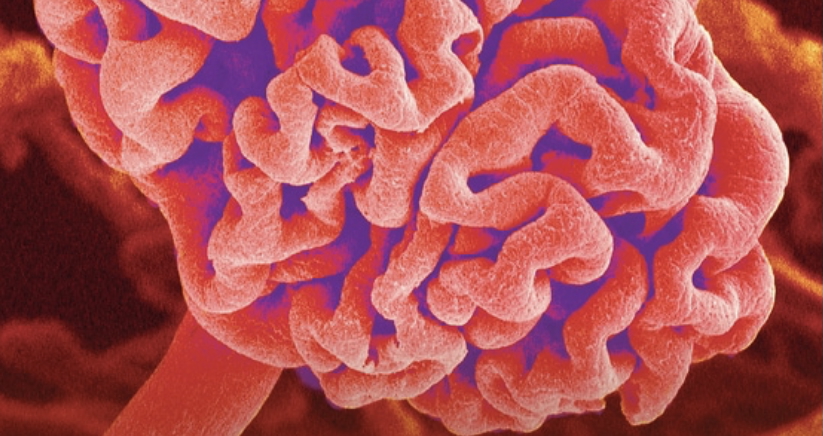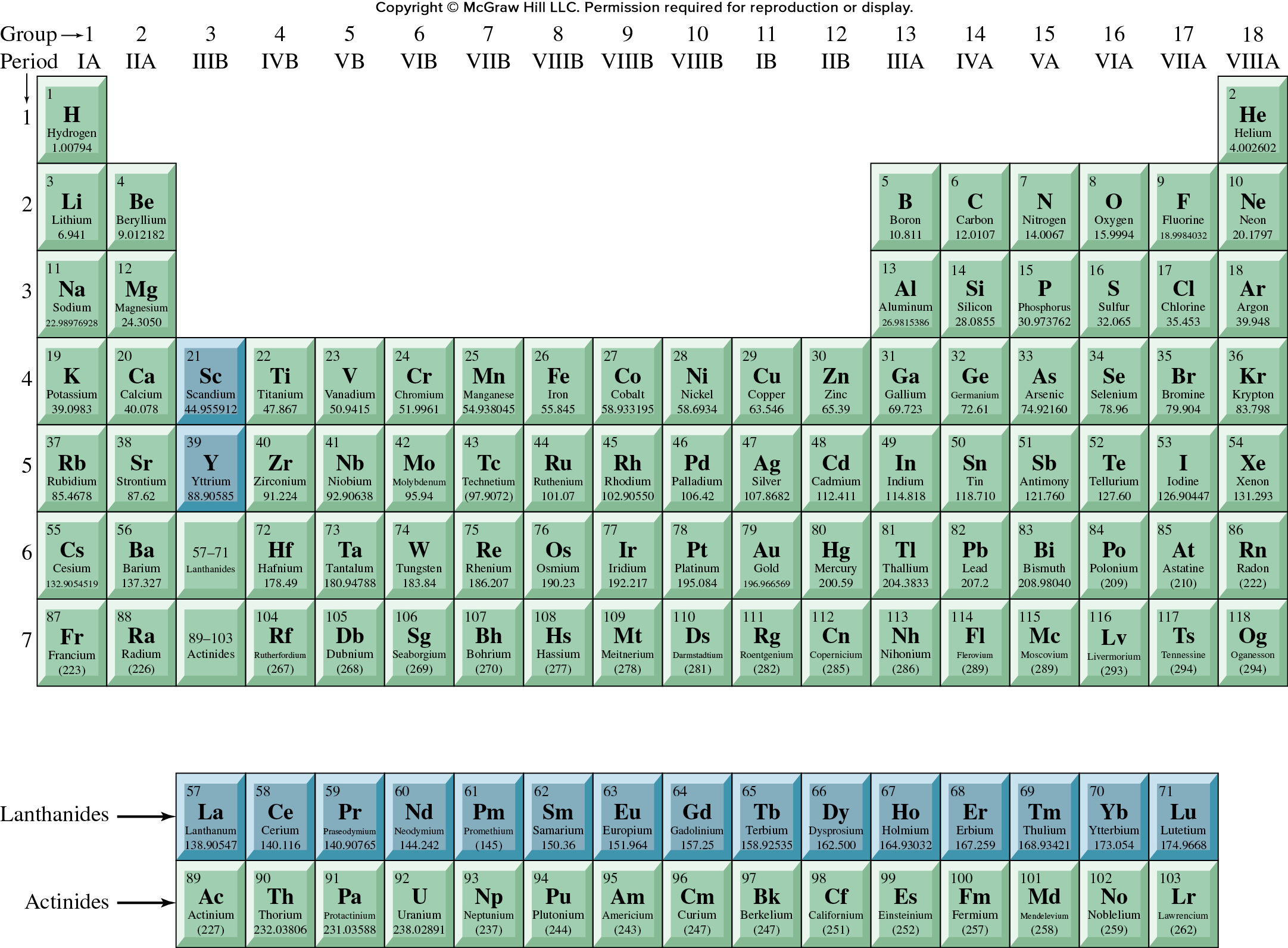- Teacher: Brittney Peake
Lewis & Clark Moodle
Результаты поиска: 596
- Teacher: Suzanne Groth

This course addresses the general question: Why do animals behave the way they do? Answering this question involves a consideration of both the proximate and ultimate issues of animal behavior. The emphasis in this course is on integration of proximate and ultimate analyses. Throughout the semester, we will use lectures, laboratories, and selected readings to both survey important topics in animal behavior and learn how to perform rigorous research in behavioral biology.
- Teacher: Tracy Burkhard
on the study of the human body. We address both
historical and contemporary contexts and include
specific approaches to figure painting such as
old master, alla prima, direct observation,
abstraction, color and pattern, and collage.
Emphasis is on gaining technical proficiency with
paint handling, finding self-direction, and
identifying both contemporary and historical
precedents. Through short readings, slide
lectures and discussions, students will develop
and use critical language that addresses inherent
issues in figure painting including
representation, phenomenology,
post-structuralism, and feminism.
- Teacher: Cara Tomlinson
on the study of the human body. We address both
historical and contemporary contexts and include
specific approaches to figure painting such as
old master, alla prima, direct observation,
abstraction, color and pattern, and collage.
Emphasis is on gaining technical proficiency with
paint handling, finding self-direction, and
identifying both contemporary and historical
precedents. Through short readings, slide
lectures and discussions, students will develop
and use critical language that addresses inherent
issues in figure painting including
representation, phenomenology,
post-structuralism, and feminism.
- Teacher: Cara Tomlinson
- Teacher: Cara Tomlinson
artistic practice in a time of climate change and
ecological crises. As artists, how do we think
through the material, environmental, and
psychological costs of our production? What kinds
of thinking are embodied in place? How can
place-based embodied knowledge teach resilience?
What does a sustainable practice look like in
terms of material and immaterial resources?
Utilizing expertise from regional eco-artists,
field trips in and around Portland, research, and
practice, we will explore the relationship between
place, the agency of material, and the intention
of the artist.
- Teacher: Cara Tomlinson
- Teacher: Cara Tomlinson
- Teacher: Cara Tomlinson
- Teacher: Dawn Odell
research methods in Asian studies. Reading and
critical analysis of scholarship; exposure to
major debates and controversies in the field that
may include, but are not limited to, comparative
study and interdisciplinary methodology. Focus
varies depending on areas of the instructor's
teaching and/or research. Assignments are
organized around a substantial final project
and/or several smaller projects. May be taken
twice with change of topic.
- Teacher: Jeongsu Shin
research methods in Asian studies. Reading and
critical analysis of scholarship; exposure to
major debates and controversies in the field that
may include, but are not limited to, comparative
study and interdisciplinary methodology. Focus
varies depending on areas of the instructor's
teaching and/or research. Assignments are
organized around a substantial final project
and/or several smaller projects. May be taken
twice with change of topic.
- Teacher: Jeongsu Shin
- Teacher: Justin Rock
- Teacher: Justin Rock
- Teacher: Justin Rock
- Teacher: Justin Rock
- Teacher: Justin Rock
structure and uses of the DSM 5 for diagnosing
mental and emotional disorders. Limits and
weaknesses of these approaches--especially with
regard to cultural differences-- will be explored,
as well as alternatives to them.
- Teacher: Justin Rock
- Teacher: Gregory Crosby
- Teacher: Justin Rock
- Teacher: Justin Rock
structure and uses of the DSM 5 for diagnosing
mental and emotional disorders. Limits and
weaknesses of these approaches--especially with
regard to cultural differences-- will be explored,
as well as alternatives to them.
- Teacher: Justin Rock
art therapy treatment with adults and families
through both traditional psychology and liberation
psychology perspectives. Approaches and treatment
methods are introduced in relation to the
developmental stages of adult life, cultural
contexts, systems and settings.
- Teacher: Katie Dunn
- Teacher: Rainer Rivenburgh
- Teacher: Missy Satterberg
- Teacher: Katie Dunn
- Teacher: Justin Rock
- Teacher: Barbara Shepperson
- Teacher: Justin Rock
- Teacher: Missy Satterberg
- Teacher: Barbara Shepperson
art therapy treatment with adults and families
through both traditional psychology and liberation
psychology perspectives. Approaches and treatment
methods are introduced in relation to the
developmental stages of adult life, cultural
contexts, systems and settings.
- Teacher: Katie Dunn
- Teacher: Rainer Rivenburgh
- Teacher: Missy Satterberg
- Teacher: Katie Dunn
used to illustrate the strengths and limitations
of the process of science and the approaches
biologists use to learn about living organisms.
Emphasis changes from semester to semester,
reflecting the expertise and interests of the
faculty member teaching the course. For further
information, consult the appropriate faculty
member before registration. Lecture and
laboratory. May not be applied toward the biology
major.
- Teacher: Randall Long
used to illustrate the strengths and limitations
of the process of science and the approaches
biologists use to learn about living organisms.
Emphasis changes from semester to semester,
reflecting the expertise and interests of the
faculty member teaching the course. For further
information, consult the appropriate faculty
member before registration. Lecture and
laboratory. May not be applied toward the biology
major.
- Teacher: Randall Long
- Teacher: Randall Long
- Teacher: Randall Long
used to illustrate the strengths and limitations
of the process of science and the approaches
biologists use to learn about living organisms.
Emphasis changes from semester to semester,
reflecting the expertise and interests of the
faculty member teaching the course. For further
information, consult the appropriate faculty
member before registration. Lecture and
laboratory. May not be applied toward the biology
major.
- Teacher: Randall Long
- Teacher: Emma Wear
used to illustrate the strengths and limitations
of the process of science and the approaches
biologists use to learn about living organisms.
Emphasis changes from semester to semester,
reflecting the expertise and interests of the
faculty member teaching the course. For further
information, consult the appropriate faculty
member before registration. Lecture and
laboratory. May not be applied toward the biology
major.
- Teacher: Emma Wear
- Teacher: Margaret Metz
- Teacher: Emma Wear
all of biology, illustrated through
evidence-driven examples centered on integrative
organismal biology and organisms' interactions
with the biotic and physical environment. We will
explore the evolution of life, flow of information
within and among individuals, the influence of
structure on function at scales from individuals
to ecosystems, the transformations of energy and
matter in space and time, and the dynamic systems
that characterize Earth and its inhabitants.
Topics will vary according to faculty expertise.
See department website for specific section
details. Can be taken before or after BIO 202.
- Teacher: Emma Wear
- Teacher: Greta Binford
- Teacher: Margaret Metz
- Teacher: Emma Wear
- Teacher: Greta Binford
- Teacher: Emma Wear
- Teacher: Emma Wear
all of biology, illustrated through
evidence-driven examples centered on integrative
organismal biology and organisms' interactions
with the biotic and physical environment. We will
explore the evolution of life, flow of information
within and among individuals, the influence of
structure on function at scales from individuals
to ecosystems, the transformations of energy and
matter in space and time, and the dynamic systems
that characterize Earth and its inhabitants.
Topics will vary according to faculty expertise.
See department website for specific section
details. Can be taken before or after BIO 202.
- Teacher: Emma Wear
- Teacher: Emma Wear
An introduction to core principles that underlie, all of biology, illustrated through, evidence-driven examples centered on integrative, organismal biology and organisms' interactions, with the biotic and physical environment. We will, explore the evolution of life, flow of information, within and among individuals, the influence of, structure on function at scales from individuals, to ecosystems, the transformations of energy and, matter in space and time, and the dynamic systems, that characterize Earth and its inhabitants., Topics will vary according to faculty expertise., See department website for specific section, details. Can be taken before or after BIO 202.
- Teacher: Margaret Metz
- Teacher: Emma Wear
- Teacher: Emma Wear
- Teacher: Emma Wear
all of biology, illustrated through
evidence-driven examples centered on integrative
organismal biology and organisms' interactions
with the biotic and physical environment. We will
explore the evolution of life, flow of information
within and among individuals, the influence of
structure on function at scales from individuals
to ecosystems, the transformations of energy and
matter in space and time, and the dynamic systems
that characterize Earth and its inhabitants.
Topics will vary according to faculty expertise.
See department website for specific section
details. Can be taken before or after BIO 202.
- Teacher: Greta Binford
- Teacher: Margaret Metz
all of biology, illustrated through
evidence-driven examples centered on interactions
among molecules and cells within organisms. We
will explore mechanisms of inheritance and
mutation fundamental to the evolution of life,
flow of information from DNA through proteins to
cellular and organismal function, the relationship
between structure and function at scales from
molecules to individuals, the transformations of
energy and matter through biochemical and
physiological pathways, and the dynamic systems
within and between cells. Topics will vary
according to faculty expertise. See department
website for specific section details. Can be taken
before or after BIO 201.
- Teacher: Tamily Weissman-Unni
An introduction to core principles that underlie
all of biology, illustrated through
evidence-driven examples centered on interactions
among molecules and cells within organisms. We
will explore mechanisms of inheritance and
mutation fundamental to the evolution of life,
flow of information from DNA through proteins to
cellular and organismal function, the relationship
between structure and function at scales from
molecules to individuals, the transformations of
energy and matter through biochemical and
physiological pathways, and the dynamic systems
within and between cells. Topics will vary
according to faculty expertise. See department
website for specific section details. Can be taken
before or after BIO 201.
- Teacher: Jasmine Hopkins
all of biology, illustrated through
evidence-driven examples centered on interactions
among molecules and cells within organisms. We
will explore mechanisms of inheritance and
mutation fundamental to the evolution of life,
flow of information from DNA through proteins to
cellular and organismal function, the relationship
between structure and function at scales from
molecules to individuals, the transformations of
energy and matter through biochemical and
physiological pathways, and the dynamic systems
within and between cells. Topics will vary
according to faculty expertise. See department
website for specific section details. Can be taken
before or after BIO 201.
- Teacher: Tamily Weissman-Unni
- Teacher: Margaret Metz
- Teacher: Margaret Metz
- Teacher: Margaret Metz
- Teacher: Sharon Torigoe
- Teacher: Sharon Torigoe
the arthropods. Introduction to their structure,
development, behavior, natural history, and
evolutionary relationships. Lecture, discussion,
laboratory, field trips.
- Teacher: Greta Binford
- Teacher: Greta Binford
- Teacher: Greta Binford
- Teacher: Greta Binford
morphology, physiology, adaptations to life on
land, and ecological interactions with other
organisms. Emphasis on the roles of plants in
ecosystems and human lives. Key characteristics of
major plant lineages in the context of how plants
have become such a diverse and successful group of
organisms. Students conduct independent research
projects on various aspects of plant biology.
Laboratory.
- Teacher: Margaret Metz
- Teacher: Margaret Metz
- Teacher: Margaret Metz
morphology, physiology, adaptations to life on
land, and ecological interactions with other
organisms. Emphasis on the roles of plants in
ecosystems and human lives. Key characteristics of
major plant lineages in the context of how plants
have become such a diverse and successful group of
organisms. Students conduct independent research
projects on various aspects of plant biology.
Laboratory.
- Teacher: Margaret Metz
and biological environment. Ecology of
populations, communities, and ecosystems,
theoretical and empirical approaches. Through
reading original literature and designing their
own studies, students learn to conduct ecological
studies and interpret results. Applications of
ecological principles to conservation issues and
other environmental problems. Lecture and
laboratory; weekend field trip.
- Teacher: Heidi Liere
- Teacher: Heidi Liere
- Teacher: Randall Long
plant, and animal systems. Topics will include
causes of disease emergence, host-pathogen
interactions and co-evolution, interactions
between disease and community diversity, and
anthropogenic effects on disease, among others. We
will use case studies, mathematical theory, and
examples from the primary literature to understand
the causes and consequences of host-pathogen
interactions for populations, communities, and
ecosystems. Intended for biology, biochemistry and
molecular biology, and environmental studies
majors.
- Teacher: Margaret Metz
- Teacher: Margaret Metz
- Teacher: Margaret Metz
Mechanisms underlying metabolism, neural
function, muscle, respiration, cardiovascular
systems, acid-base balance, renal function,
osmoregulation, and response to exercise. Focus
on animal physiology, general physiological
principles and responses to system perturbations.
Emphasis on recent experimental discoveries and
unanswered questions. Intended for biology and
biochemistry majors. Lecture and laboratory.
- Teacher: Duncan Parks

- Teacher: Kellar Autumn

- Teacher: Duncan Parks
opportunity to hear research seminars from outside
scientists. Students enrolled in the course will
develop and present a research seminar of their
own. All students taking this course for credit
will be required to attend all seminar
presentations, both by outside speakers and by
their peers, and to participate in the
question-and-answer session after the seminar.
- Teacher: Greta Binford
- Teacher: Heidi Liere
- Teacher: Greta Binford
on cellular and molecular approaches. Electrical
signaling in excitable cells, the physiology and
biochemistry of synaptic transmission,
neuropharmacology. The biological bases of
learning, memory, and some neurological disorders.
Sensory systems and neuronal development.
Laboratory focus on student-designed projects.
Lecture and laboratory.
- Teacher: Tamily Weissman-Unni
- Teacher: Heidi Liere

- Teacher: Duncan Parks
- Teacher: Tamily Weissman-Unni
- Teacher: Duncan Parks
Advanced study of current issues in biology, as determined by student and/or faculty interest. May extend existing areas of the curriculum or
explore new subjects. Offering contingent on student interest and faculty availability.
- Teacher: Randall Long
Advanced study of current issues in biology, as
determined by student and/or faculty interest. May
extend existing areas of the curriculum or explore
new subjects. Offering contingent on student
interest and faculty availability. Lab component.
- Teacher: Emma Wear
- Teacher: Tamily Weissman-Unni
biological, cultural, and environmental factors.
Assessment and diagnosis of eating disorders,
appropriate levels of care and a thorough
overview of medical complications.
- Teacher: Bailey Benn
biological, cultural, and environmental factors.
Assessment and diagnosis of eating disorders,
appropriate levels of care and a thorough
overview of medical complications.
- Teacher: Dianne Lamberty Rogers
DISABILITY STUDIES AND UNIVERSAL DESIGN:
Every educator will encounter students who meet the criteria for disability within public education and grapple with how to successfully foster learning, equity and inclusion in diverse classrooms and schools. This online course, introduces Disability Studies in Education-- a liberation movement discipline distinct from Special Education-- that offers unique insight into these endeavors and proposes Universal Design as a guiding principle.
Disability Studies proposes that "disability" is contextualized within particular social, cultural and political environments according to the acceptable limits of human variability in those environments. This contrasts with the "medical, model," which positions disability as a deficit inherent to an individual, to be rehabilitated, remediated or cured. Contrasting these two different theoretical models helps us to explore the ideology that may underlie ableism, stigma and privilege. Our inquiry will include lived experience and counter culture narratives associated with various disability groups. We will conclude by investigating how we may employ the principle of Universal Design to create embracive learning environments where all students feel valued and empowered, as well as how we may work to dismantle systemic barriers to equity and inclusion within Education.
Disability Studies intersects with other critical disciplines such as Critical Race Studies, Feminist Studies and Gender Studies, all of which foreground lived experience and de-center dominant narratives that cast particular individuals or groups as the "Other." These intersections are also considered in the course, shedding light on the persistent over-representation of minorities in Special Education and exploring whether disablement may function as a mechanism of marginalization for various groups.
Through assigned readings and communal online discussion among professional peers, we will investigate the philosophical, pedagogical, and pragmatic approaches to dis/ability, equity, and, inclusion in education. Teachers, counselors, administrators, psychologists, specialists and academics should all emerge from this course with the historical context, intellectual framework, and practical skills to deepen their professional practice and help promote social justice-both within the sphere of education and in the wider world.
- Teacher: Denise Herrenbruck

- Teacher: Barbara Balko

- Teacher: Nikolaus Loening
architecture, art, history, literature,
philosophy, and religion. Special emphasis on the
core values of ancient Greek culture, and how
these compare and contrast to our own.
- Teacher: Robert Kugler
- Teacher: Gordon Kelly